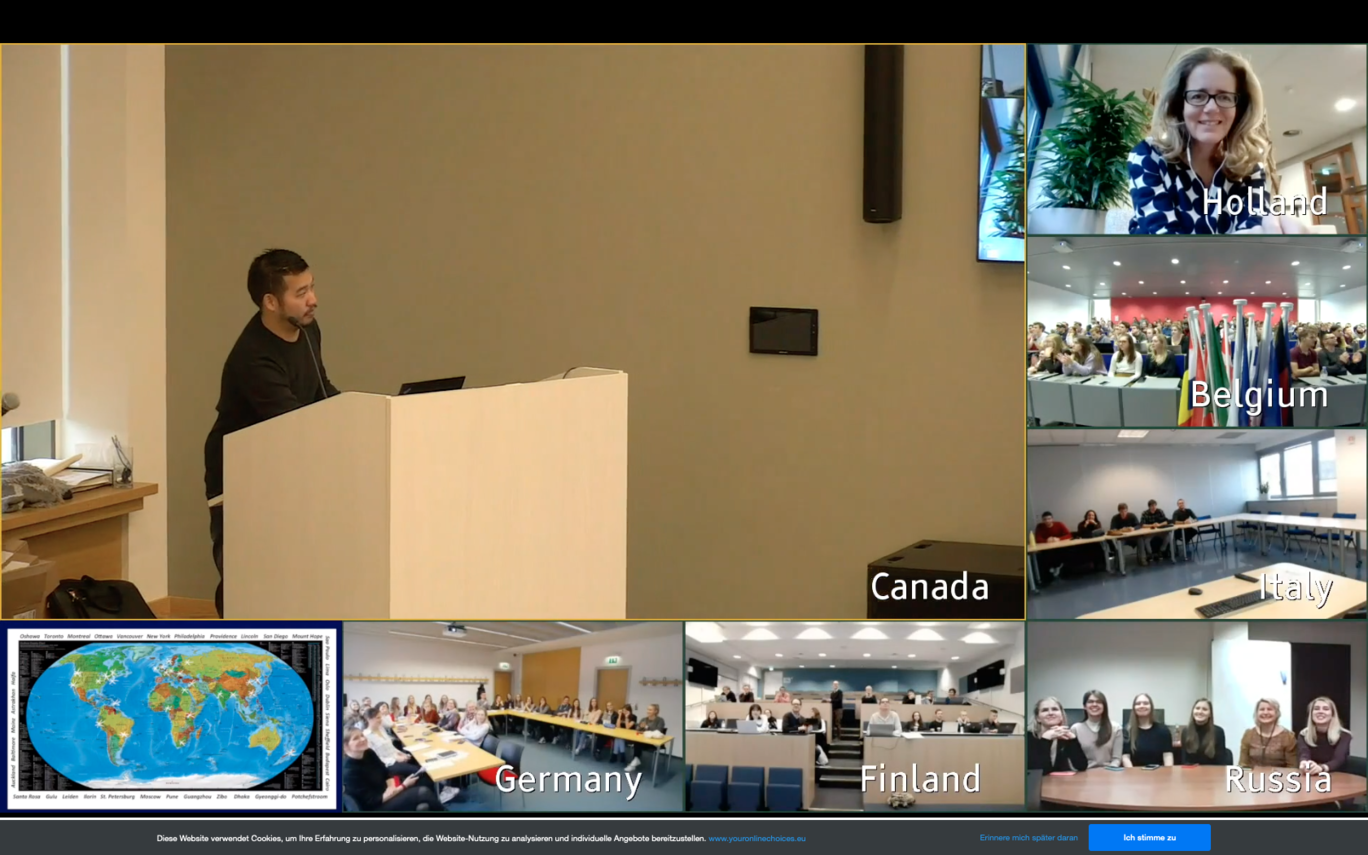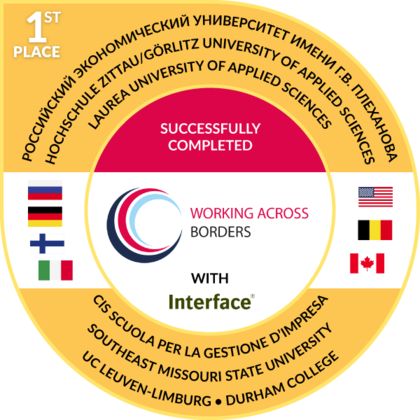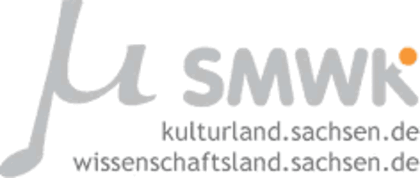Working Across Borders: virtual intercultural project successfully completed for the 3rd time. Students of the HSZG learn and work in intercultural teams, taking into account the UN Sustainable Development Goals.

The Working Across Borders project took place last winter semester. The virtual intercultural project is a collaboration with universities in seven different countries; this year with universities in Belgium, Finland, Russia, Italy, the USA and Canada. The project is led at our university by Prof. Martina Zschocke from the Faculty of Managerial and Cultural Studies. It took place for the third time.
This year, students from class WTb17 took part. The face-to-face teaching in the interculturality module was supplemented by virtual work elements as part of a blended learning and working concept. The students experienced the opportunities and challenges of intercultural projects: Learned and worked together worldwide and thus fulfilled tasks in Intercultural Competence and Business taking into account the UN Sustainable Development Goals (SDGs).
Intercultural teams were formed with students from different countries who worked on projects together. Beforehand, the teams got to know each other and introduced their cultures, including their favorite words in their languages and the view from the window of their room. They then made short films about their teams. This was followed by a kick-off meeting, which was held simultaneously by all participants in all countries and broadcast live. All universities and the project partner Interface introduced themselves, after which the participants collected their hopes and expectations for the project.
The aim was to combine real international communication and teamwork, getting to know each other, building trust and commitment in a joint project. In addition to the lectures in intercultural competence, intercultural action and analysis were to be practiced. The students were to work together as business consultants, taking into account the UN Sustainable Development Goals (SDGs); the term business consultant is best translated into German as Unternehmensberater*in. The teams were each assigned a country to analyze, e.g. using Hofstede's cultural dimensions or the Pestel analysis. The students were asked to find out in which regions of the world which sustainability goals should be implemented most urgently. Further objectives were the development of innovation skills and the expansion of digital skills through the use of platforms such as Toledo and Microsoft Teams. During the task processing, there was on-site mentoring by Prof. Zschocke, additional digital mentoring of the individual teams, digital feedback on the individual assignments and a final virtual assessment of the team members.
The partner universities have decided to relaunch the project this year and are planning to add three to four new partner universities. Prof. Zschocke is currently negotiating with the university in Graz and KU Leuven, a university in Slovenia. Ecuador and Japan are also under discussion.


Working Across Borders Badge - received by all students who have successfully participated in the International Intercultural Project (with details of all partner universities involved in the project)

The project was co-financed last year and this year by funds from the SMWK's Digital Fellowship Program.